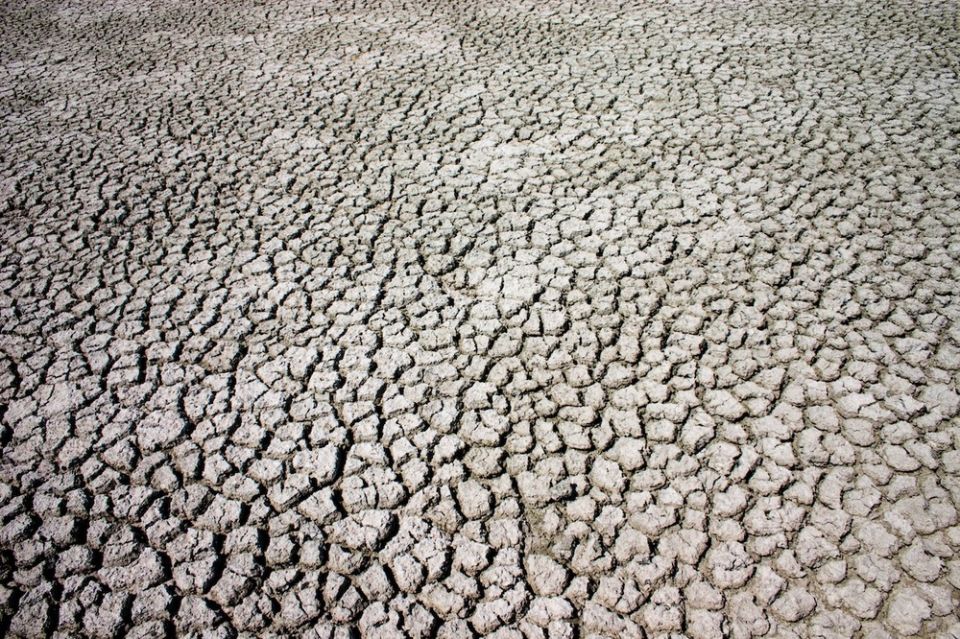Swimming and climate crisis: surviving in the heat
09/16/2022 | Written by Nikos Kaskaras in Adults
Among the many issues that are of great importance for the whole of humanity, the climate crisis is, beyond any doubt, the most crucial. It is the biggest imminent threat to the future of the planet and requires immediate action. Especially for the lovers of swimming, who are the point of our interest in this blog, there shall be special reasons for concern but also optimism.
The swimming culture of Australia
The notion that swimming is a deeply distinctive trait of the culture of Australia is based on strong ground. Quite frankly it could not be otherwise since it is a country that is surrounded by sea. It's no surprise therefore that swimming is the national sport of Australia with huge successes in major international tournaments (Olympic Games, Fina World Championships). Moreover, many great swimmers as well as legends of swimming are Australian. From the great Dawn Frazer who won three consecutive gold medals in 1956, 1960, and 1964 in the 100-metre freestyle, becoming the first swimmer to win any event three times to the amazing Shane Gould, who was just fifteen years old when she won five medals in the Olympic Games of 1972 and from the impactful Ian Thorpe who perfected the freestyle technique to the legendary Michael Phelps who has won the most gold medals in the history of Olympic Games, Australia has produced some of the greatest swimmers of all time. On the other hand, though, we shall not forget that less than half of all Australian children can swim 50 metres by the time they leave primary school and an average of 282 people drown each year. This is why providing swimming education from a young age is essential.
The escalating climate crisis
What is happening in Australia in terms of climate change is a reason for alarm. Australia's National Science agency has published a report on the subject and its future projections for the country are shocking:
- Sea levels will rise
- Oceans will become more acidic
- Snow depths will decline
- Extreme rainfall events will become more intense
- Hot days will become more frequent and hotter
Such detailed research coming from a highly reliable source of information should cause immediate government action not only in Australia but worldwide as this is a global issue. Even more, as the consequences of human activity on the planet are already visible. The recent news on the mass coral bleaching event at the Great Barrier Reef is devastating. As we have already pointed out in a previous article published one year ago this site is significant not just for Australia but for the whole world. Leaving aside the effects on the tourism section, as it attracts a high number of diving lovers, the consequences are much more destructive. Unesco describes it as “ the world’s most extensive coral reef ecosystem” and “of enormous scientific and intrinsic importance” containing a “significant number of threatened species”.
The challenge of a better future
The effects of the climate crisis can be extremely varied. An article published three years ago was warning about the possibility of the disappearance of beaches around the world. Surfer's Paradise located on the Gold Coast in Queensland was named among many other landmark beaches around the world. As apocalyptic as a notion like this may sound, the fact is that there are no excuses for all citizens around the world to stay passive. Probably the most reliable account of the climate crisis is provided by the Bulletin of the Atomic Scientists. Founded by prominent scientists at the beginning of the previous century this nonprofit organization had been raising its scientific concerns about issues that had negative consequences for humanity. Probably their most notable contribution was the perception of the Doomsday Clock, a symbol representing the likelihood of a global catastrophe caused by man intervention. Doomsday Clock was firstly presented in 1947 and the notion was that if it would reach midnight, this would signal a global catastrophe that would mean the end of the world. According to the latest review we are now 100 seconds to midnight. The stakes are high. This is a worldwide challenge that demands global concern by citizens and governments. Instead of slipping into apathy, we need to rise to the challenge of a better future!